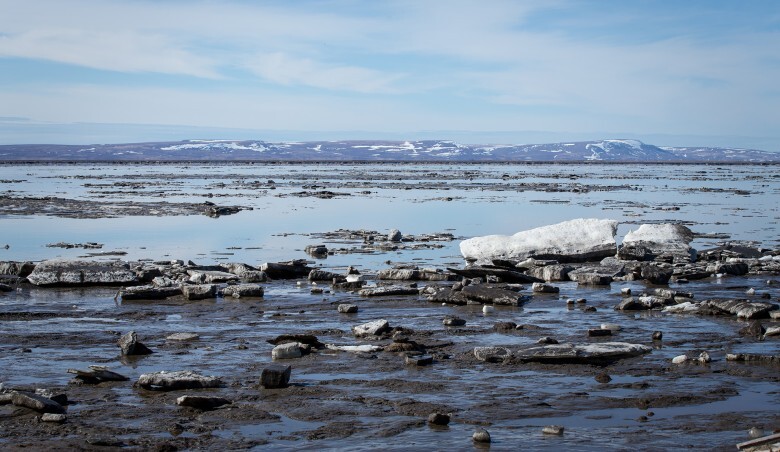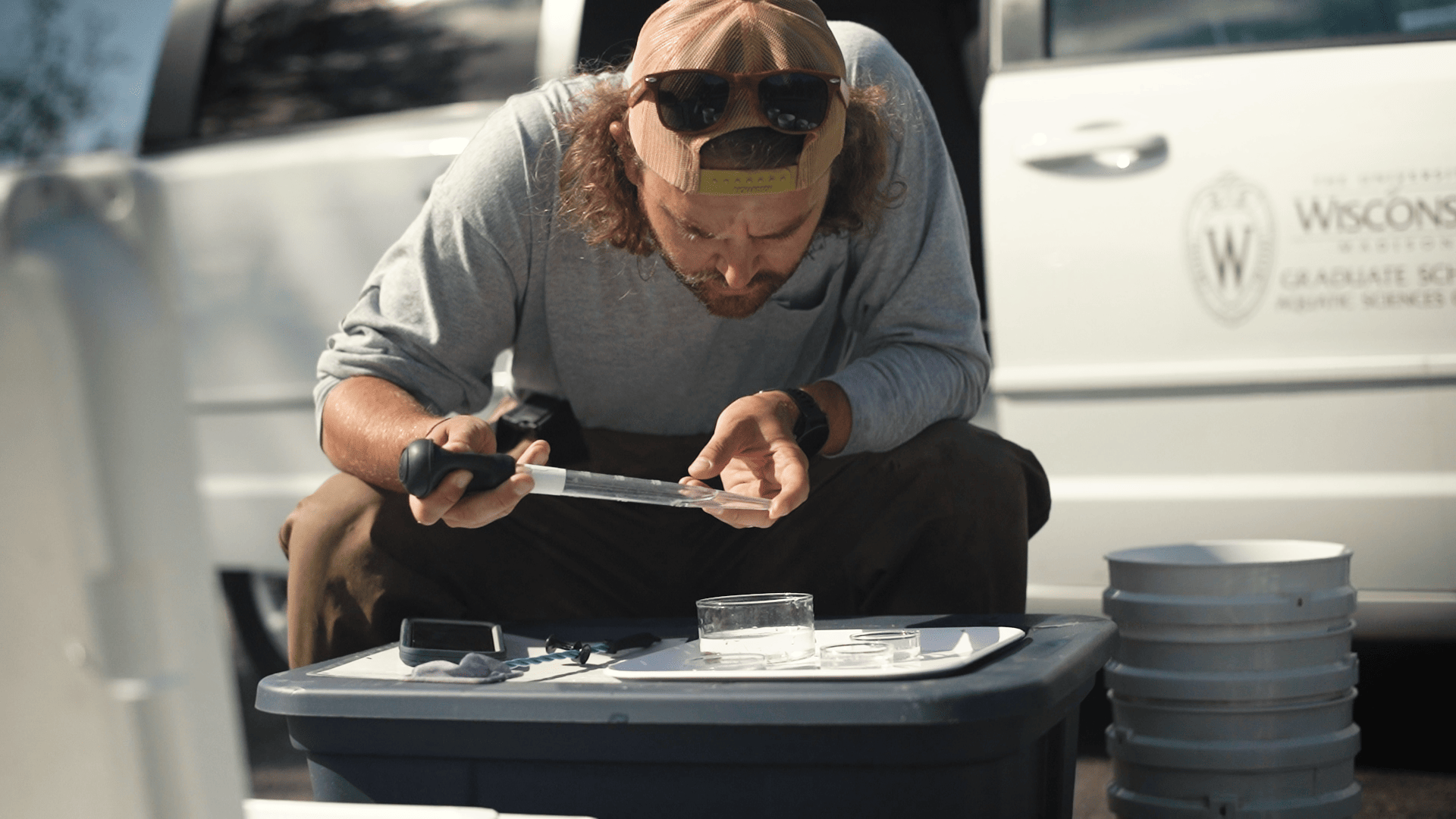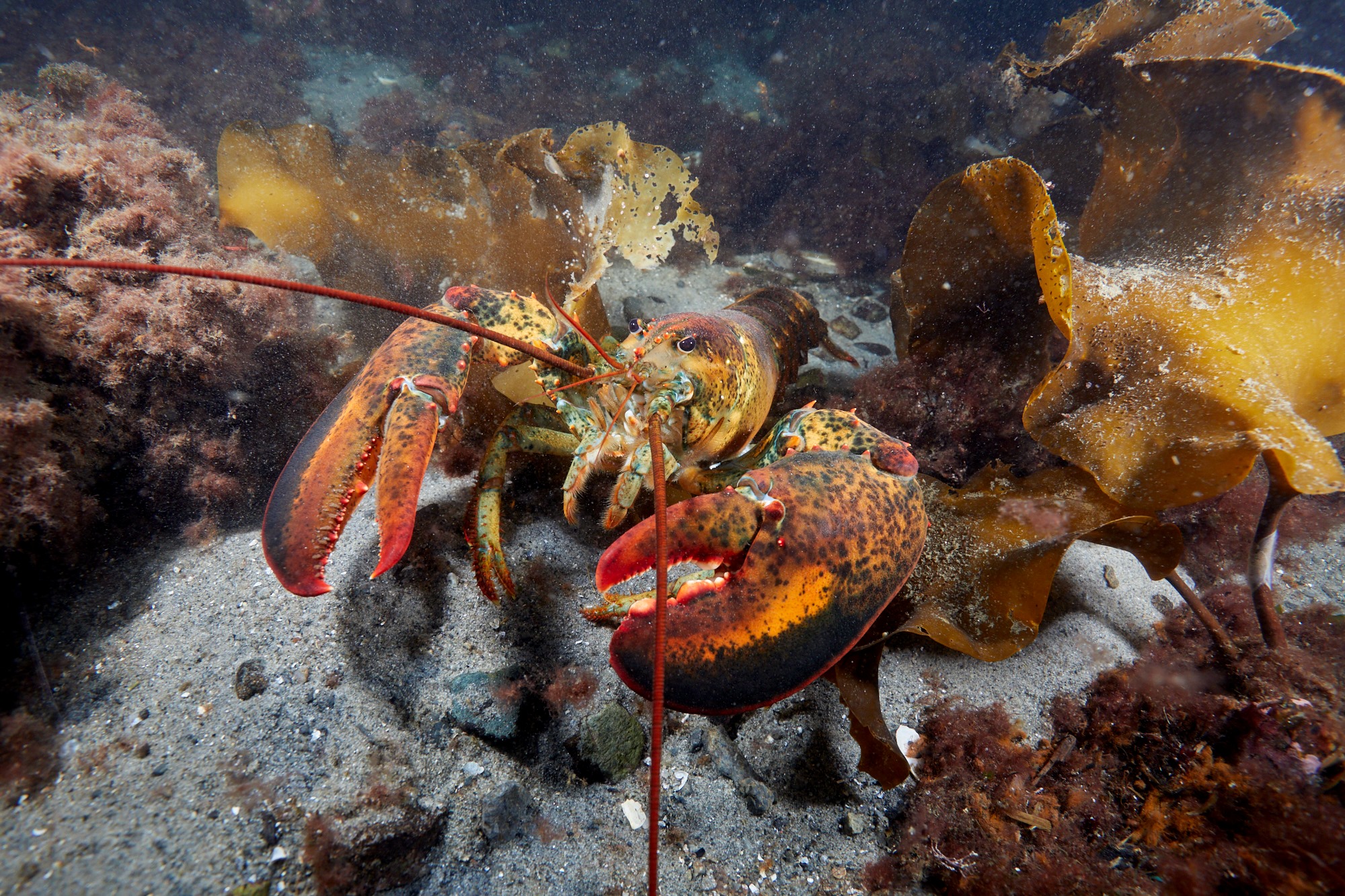By: Christopher Katalinas, NOAA Sea Grant
The 2015 NOAA Sea Grant national strategic investment in aquaculture provided federal funds to advance marine aquaculture extension and technology transfer efforts as part of Sea Grant’s overall commitment to developing environmentally and economically sustainable ocean, coastal and Great Lakes aquaculture.
New Hampshire Sea Grant was awarded $128,000 through the 2015 federal funding opportunity to increase aquaculture production in New Hampshire and Maine. These efforts focused on demonstrating existing and emerging technologies to interested growers and increasing awareness of sustainable finfish, shellfish, seaweed and Integrated Multi-trophic aquaculture (IMTA) technologies.
New Hampshire Sea Grant’s extension efforts sparked the tremendous growth of seaweed and shellfish aquaculture during the first year of the federal grant period:
Sea Grant used their IMTA site to train farmers in best practices for growing trout, kelp and shellfish
In 2016, New Hampshire Sea Grant’s IMTA demonstration site produced $25,000 in revenue and had more than 200 visitors at the farm who learned about the benefits of IMTA technology.
“I look at this platform not as a high-productivity farm, but as a high-value farm. [Growers are] coming out here to harvest enough for their restaurant(s) and only need a ton versus 500 tons.” – Michael Chambers, New Hampshire Sea Grant Aquaculture Specialist.
Sea Grant extension agents expanded market
opportunities for seaweed growers
Utilizing a portion of the 2015 federal grant, researchers developed a more efficient method of culturing seaweed in the lab that accommodates larger scale production when seed lines are set in the water.
New Hampshire Sea Grant extension agents also visited local restaurants and food/beverage producers to expand market opportunities for kelp growers. Chambers stated that “restaurant owners are interested because they want to have a story to go with their seafood.” Sugar Kelp from the IMTA platform has been sold to local restaurants as a fresh product with a net value of about $10/lb, which represents a new sector for seaweed that is typically sold as a dried or frozen product. For example, the kelp was provided to Portsmouth Brewery who crafted a kelp beer called Selkie. Due to the success of the test batch, the brewery has planned for a larger production run in August of 2017.
Sea Grant research, technical and permitting assistance helps expand the New Hampshire oyster farming industry
In 2016, New Hampshire Sea Grant efforts helped expand the oyster farming industry from 47 to 52 production acres, with nearly 185,000 oysters sold from 11 of the 14 established businesses. Chambers explained that “oysters cost about $.60 to $.80 per shell. Farmers can plant about a million oysters in 2 acres, so you can imagine the value.” There are currently about 7 million oysters growing on the bottom of Little Bay, New Hampshire with a net value of over $4.5 million.
Sea Grant-Industry partnership improves oyster aquaculture production across New England
New Hampshire Sea Grant and University of New Hampshire Cooperative Extension agents and researchers helped establish the Northeast Aquaculture Research Farm Network (NARF-NET), partnering with 30 shellfish businesses in five New England states to create a network of commercial farms serving as research stations. NARF-NET tests new shellfish aquaculture technology to explore ways to boost production, while reducing the expense risk for participating shellfish operations. In 2016, pilot tests confirmed using flip bags produces faster-growing oysters with deeper cut shells that can hold more meat. Flip bags also reduced biofouling on oyster shells and lowered labor costs due to reduced handling. This technology provides Northeast farmers with a “value-added” oyster product they can bring to market.
total economic benefit of $6.8M to the region, while also continuing to provide fresh and sustainable seafood to local restaurants and consumers.


